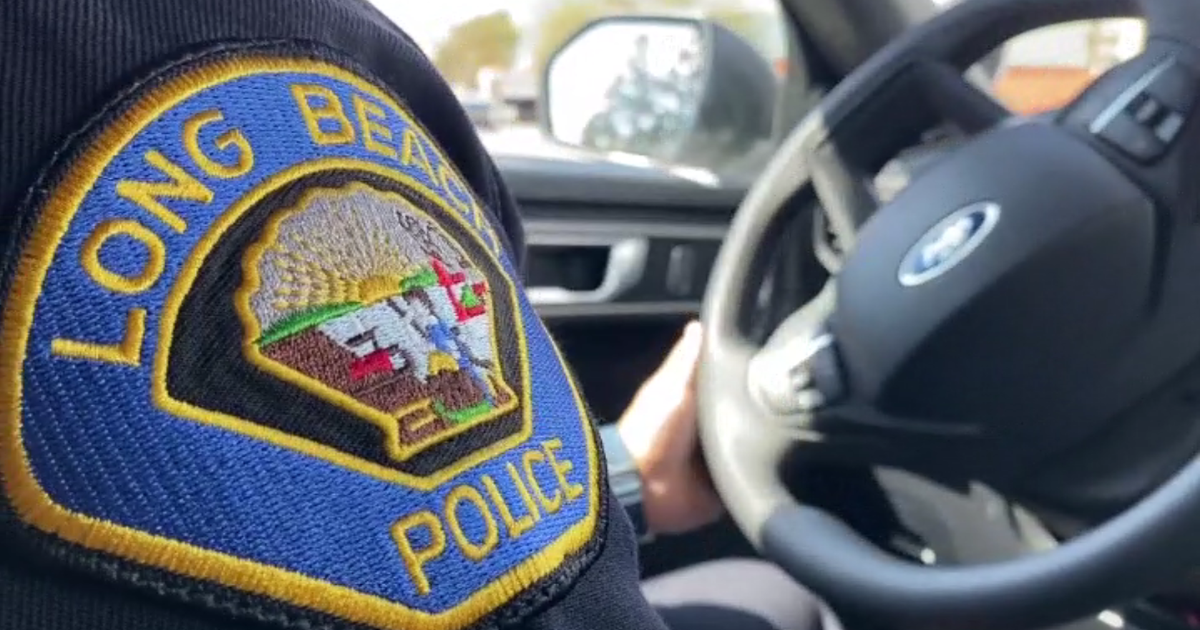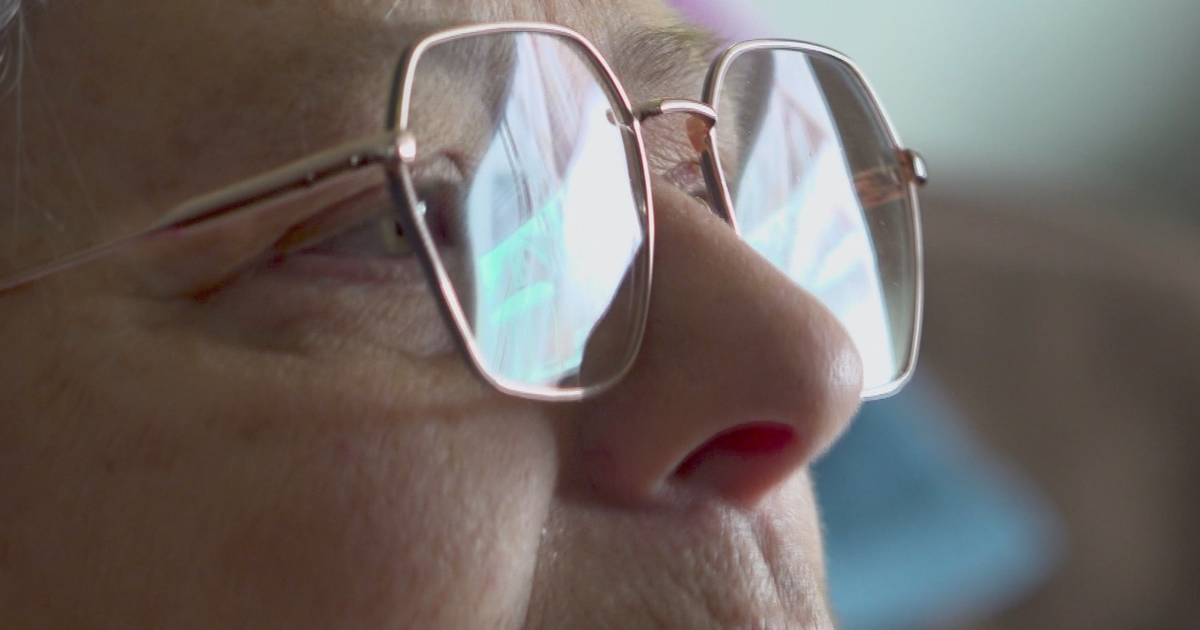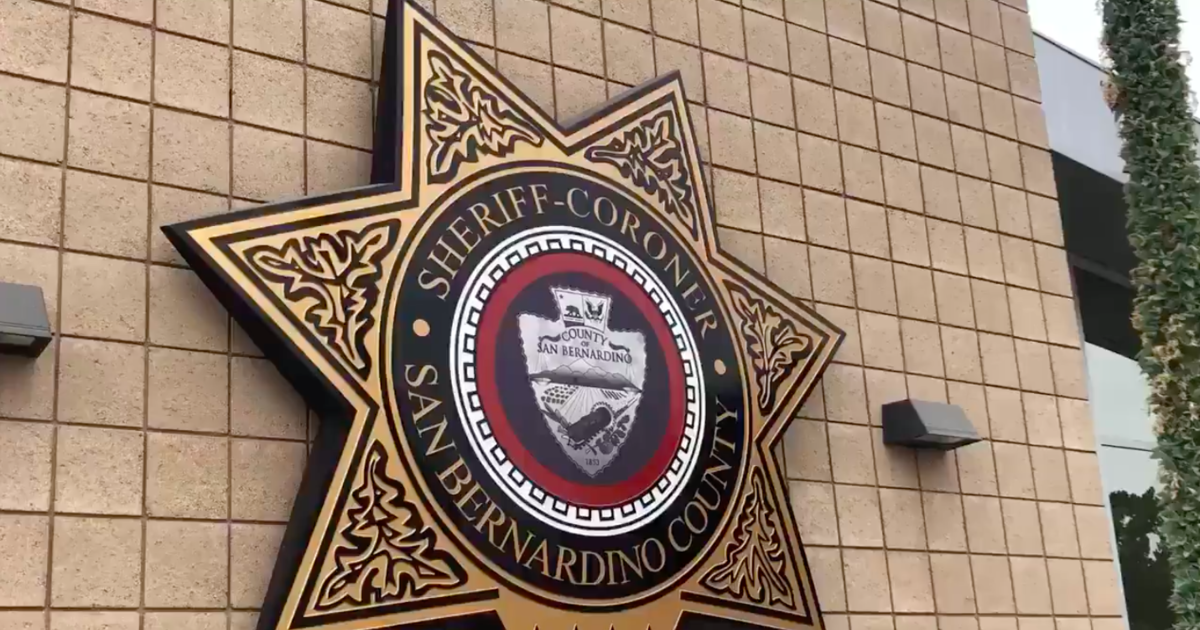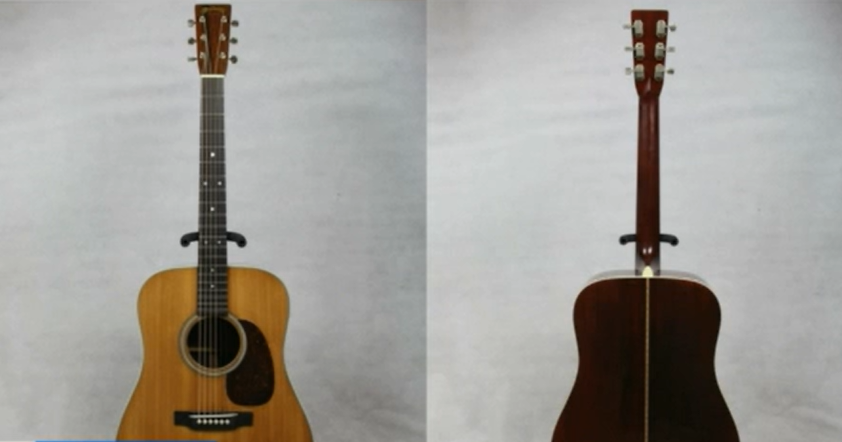Old Lotto Scam Claims New Victims
LAUDERHILL - (CBS4) - The scam is decades old. But it consistently victimizes new people.
In a span of six months, Broward Sheriff's deputies say scammers preyed on three elderly people in the Tamarac area using a well-worn but effective lotto scam.
A former police officer, who tracks the people perpetrating the scam, said he's seen 30 cases in the past 8 months in South Florida.
One victim lost $17,000 -- his entire life savings. Another victim lost $9,000.
Louis Fortin lost $2,300 along with a bit of his pride.
"I have no more money left," Fortin told CBS 4's Carey Codd.
Fortin, 78, said he was walking in Lauderhill on February 22, when he stopped in a shoe store. Fortin said a man approached him and asked if Fortin and another man would help him cash a winning lottery ticket for $350,000. In return, the men would be paid.
"If both of you help me both of you will get $50-thousand dollars," he recalled the man saying.
The man with the ticket said he didn't have proper identification to cash it. He asked Fortin and the other man to put up money as collateral.
Fortin checked out the ticket. He said the man called a supposed lottery official to verify the winning number.
He agreed the help.
The man drove Fortin to two banks where he withdrew money.
The men gave him the ticket in exchange for the cash. They asked Fortin to run an errand for them at a grocery store. When Fortin walked out of the store, the men were gone.
He soon realized he had been duped.
"They do what they want to do," he said. "It's terrible."
Fortin's daughter, Nadine Barreau, said her father feels embarrassed.
"(The scammers) are taking advantage of people that are vulnerable," Barreau said. "(My dad) feels bad about trusting people that he shouldn't have trusted and of course now he doesn't have the money."
Robert Taylor is a former Miami Beach police officer who spent 10 years tracking groups of criminals carrying out lotto scams and other crimes. He said many of the scammers belong to groups emanating from South America. He created the South American Theft Group Intelligence Network, or SATGIN, to provide a database on the crimes that can be viewed by law enforcement officers from the United States and Canada.
He said many seniors are losing their savings to the scam.
"As an elderly person you should be suspicious of everybody coming to you with something that's too good to be true," Taylor said.
Taylor said the scammers operate from Florida to California and some groups consist of as many as 100 members.
He has fliers from police agencies across the country on the wall of his office, listing persons of interest or suspects in these crimes.
The scammers are well-trained with skills passed from generation to generation, Taylor said. He said the scammers approach the elderly because seniors are often trusting. Taylor said the thieves are good at what they do.
"They're very convincing," Taylor said. "They're very nice looking people. They get very comfortable with their victims very quickly. They talk in such a manner that the elderly person feels very sorry for them."
Taylor said the thieves are hard to track because the move frequently and rarely leave behind physical evidence.
Fortin said the man who approached him was very convincing. Convincing enough for Fortin to hand over $2,300.
The victims and Robert Taylor hope that publicizing the crimes will prevent others from being victimized.
(©2011 CBS Local Media, a division of CBS Radio Inc. All rights reserved. This material may not be published, broadcast, rewritten, or redistributed.)







